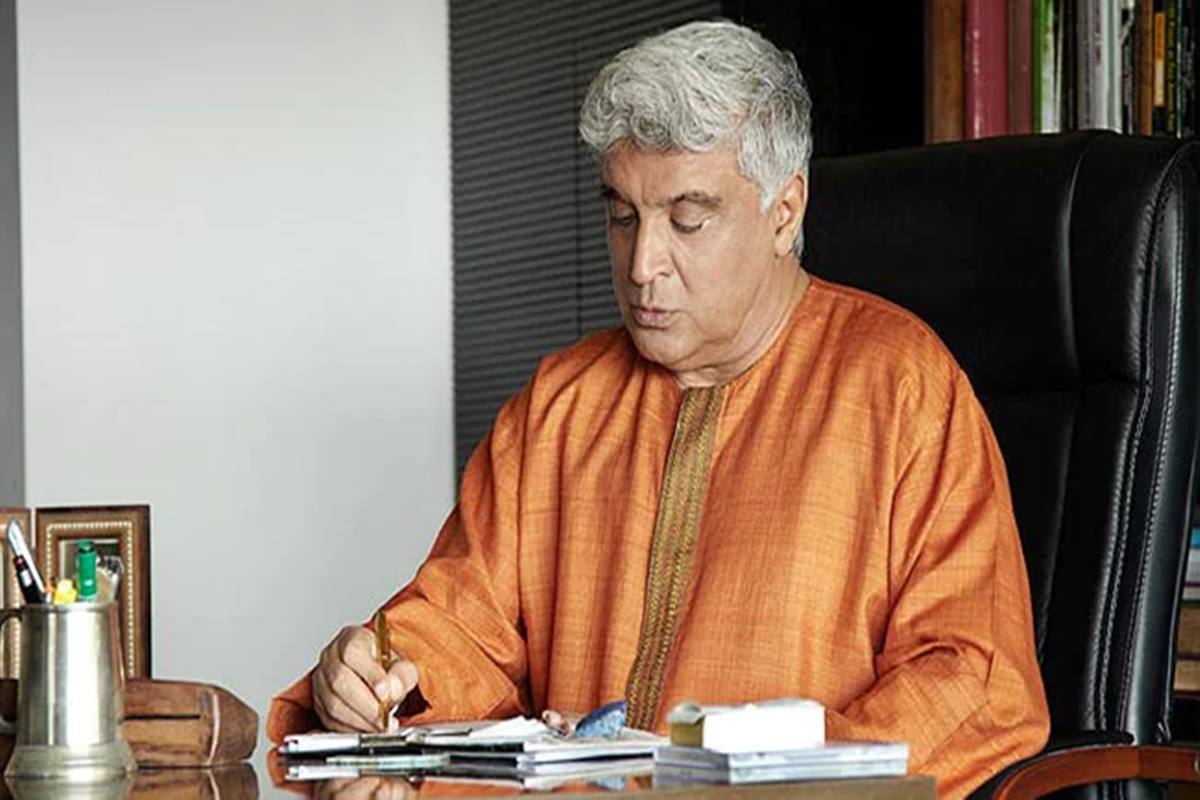NTR Jr bonds with Bollywood stars over casual dinner
NTR Jr takes a break from 'War 2' shoot to enjoy dinner with Ranbir-Alia, Hrithik-Saba, and filmmakers Karan Johar and Ayan Mukerji. Plus, exciting news about his upcoming film 'Devara'!
Explore Javed Akhtar’s insights on the evolving landscape of Indian cinema and his call for directorial autonomy in crafting films for contemporary audiences.

In a reflective discourse on the evolving landscape of Indian cinema, the venerable lyricist and screenwriter, Javed Akhtar, emphasized the dynamic nature of the film industry, asserting that directors wield the pivotal role in shaping the cinematic narrative for contemporary audiences. Acknowledging the profound metamorphosis undergone by Indian cinema over the years, Akhtar, who recently received the prestigious Padmapani Lifetime Achievement Award, underscored the need for directors to discern the pulse of the audience and craft films that resonate with the sensibilities of the present era.
During the inauguration of the 9th Ajanta-Ellora International Film Festival (AIFF) in Chhatrapati Sambhajinagar, Maharashtra, the 78-year-old maestro reflected on the changing archetypes of on-screen heroes. Drawing a distinction between the heroes of yesteryears and those of the present, Akhtar posited that the portrayal of characters from earlier eras may not necessarily find resonance in contemporary cinematic narratives. He delved into the nuances of cinematic evolution, highlighting that societal dynamics and audience expectations have shifted, necessitating a corresponding transformation in the portrayal of protagonists.
Receiving the Padmapani Lifetime Achievement Award for his indelible contributions to Indian cinema, Akhtar expressed his views on the trajectory of the industry. Lamenting the inadvertent abandonment of cultural and artistic elements in the pursuit of progress, he noted that while strides have been made in cinematic techniques, certain cultural facets such as language, literature, and classical music have been left behind. He commended the state of Maharashtra for preserving these values, asserting that they still hold significance for residents in smaller cities.
Advertisement
Reflecting on his own creative process, Akhtar disclosed that, when penning movie scripts, he never let considerations of financial or social impact dictate his narrative choices. Instead, he maintained a steadfast focus on the artistic and expressive dimensions of his work. Addressing the contemporary challenges faced by filmmakers, he remarked on the shifting themes explored in movies over time – from the defiance of parental authority for love to the exploration of societal issues, legal intricacies, and constitutional anomalies. He acknowledged, however, that certain character portrayals that were acceptable in the past may not find a place in today’s cinematic landscape.
In his parting words, Javed Akhtar advocated for a director-centric approach, urging filmmakers to wield their creative autonomy judiciously. He posited that directors should be discerning in choosing the kind of cinema they create, ensuring that their films not only resonate with viewers but also contribute to the overall fortification of the movie industry. In essence, Akhtar’s words encapsulated a profound call for filmmakers to be the architects of cinematic narratives that transcend temporal boundaries and captivate the hearts and minds of contemporary audiences.
Advertisement